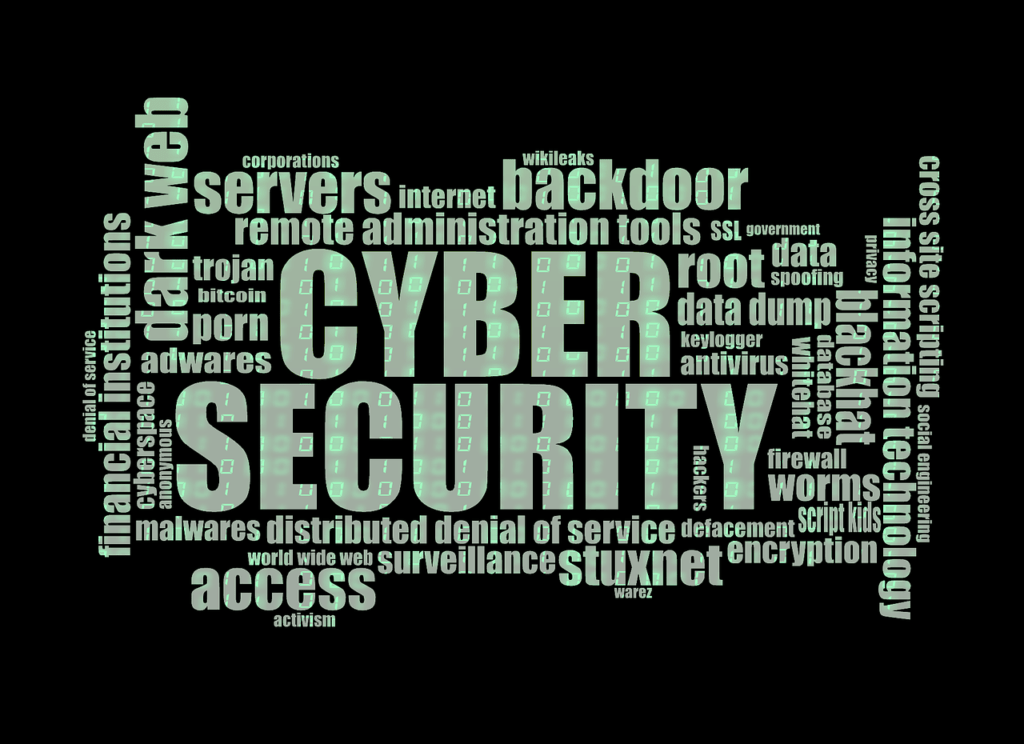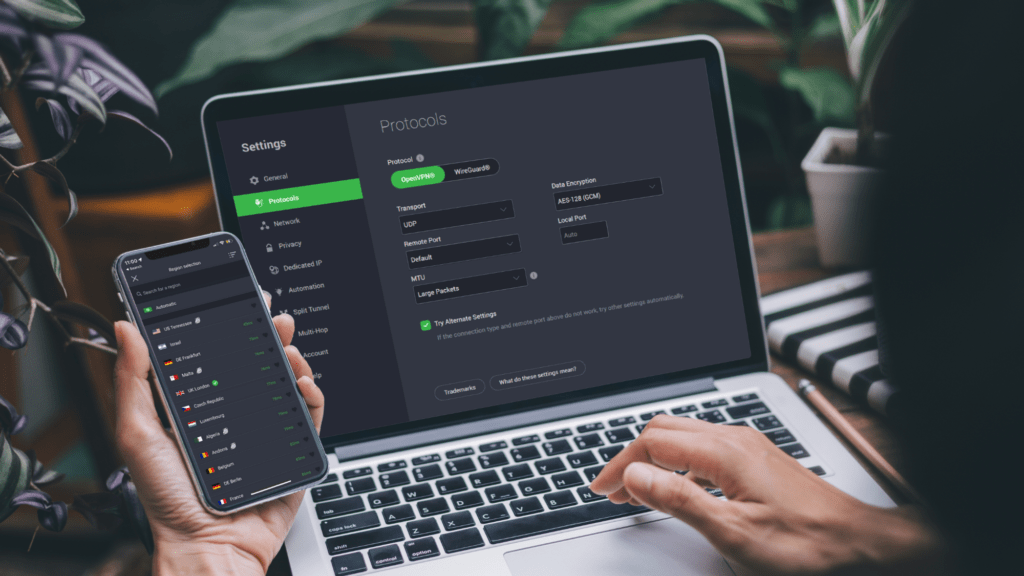
Introduction to VPN Protection
In today’s digital age, where our lives are increasingly intertwined with the internet, ensuring our online privacy and security has become more crucial than ever before. With cyber threats and data breaches on the rise, it is essential to take proactive measures to protect ourselves. One such measure is the use of Virtual Private Networks, or VPNs. In this article, I will delve into the world of VPNs and explore the benefits they offer in terms of online privacy and security.
How VPNs work
Before we delve into the benefits of VPN protection, it is important to understand how VPNs work. Essentially, a VPN creates a secure and encrypted connection between your device and the internet. When you connect to a VPN server, your internet traffic is routed through an encrypted tunnel, making it virtually impossible for anyone to intercept or monitor your online activities.
VPNs achieve this by hiding your IP address and replacing it with the IP address of the VPN server you are connected to. This not only masks your real identity but also allows you to bypass geo-restrictions and access content that may be blocked in your region.
Benefits of using a VPN
Now that we have a basic understanding of how VPNs work, let’s explore the numerous benefits they offer:
VPNs and online privacy
One of the primary reasons people use VPNs is to protect their online privacy. By encrypting your internet traffic and hiding your IP address, VPNs ensure that your online activities remain private and secure. Whether you are browsing the web, streaming content, or using online banking services, a VPN creates a secure tunnel that shields your data from prying eyes.
Furthermore, VPNs prevent your internet service provider (ISP) from tracking your online activities and selling your data to advertisers. This added layer of privacy ensures that your personal information remains safe and secure.
VPNs and security
In addition to safeguarding your privacy, VPNs also enhance your overall online security. By encrypting your internet traffic, VPNs protect your data from being intercepted by hackers or malicious entities. This is particularly important when using public Wi-Fi networks, which are notorious for their lack of security.
Moreover, VPNs can help protect you from phishing attacks and malware. When you connect to a VPN, your internet traffic is routed through the VPN server’s firewall, which acts as an additional layer of defense against malicious websites and online threats.
VPNs and blocking annoying ads
Another benefit of using a VPN is the ability to block annoying ads and trackers. Many VPN providers offer built-in ad-blocking functionality, which not only improves your browsing experience but also enhances your online privacy. These ad-blockers prevent websites from tracking your online activities and bombarding you with intrusive advertisements.
By blocking ads and trackers, VPNs not only make your online experience more enjoyable but also reduce the risk of being exposed to malware or malicious content. This added layer of protection ensures that you can surf the web with peace of mind.
How VPNs enhance your online experience
Aside from the privacy and security benefits, VPNs also enhance your overall online experience in several ways:
Accessing geo-restricted content
One of the major advantages of using a VPN is the ability to bypass geo-restrictions and access content that may be blocked in your region. Whether you want to stream your favorite TV shows and movies, access social media platforms, or use VoIP services, a VPN allows you to connect to servers in different countries and access content as if you were physically present there.
Faster and more reliable internet connection
Contrary to popular belief, using a VPN can actually improve your internet connection. By connecting to a VPN server that is closer to your physical location, you can reduce latency and enjoy faster browsing speeds. Additionally, VPNs can help stabilize your internet connection, especially when using public Wi-Fi networks that are prone to congestion and slowdowns.
Protecting your devices on the go
With the increasing reliance on mobile devices, it is essential to protect them from online threats. VPNs offer dedicated apps for smartphones and tablets, allowing you to secure your internet connection and protect your sensitive data while on the go. Whether you are traveling or using public Wi-Fi networks, a VPN ensures that your devices remain safe and secure.
Popular VPN providers
Now that we have explored the benefits of using a VPN, let’s take a look at some popular VPN providers that offer reliable protection and excellent features:
- NordVPN: Known for its robust security features and extensive server network, NordVPN is a highly recommended VPN provider. With a strict no-logs policy and advanced encryption protocols, NordVPN ensures that your online activities remain private and secure.
- Surfshark: Offering unlimited simultaneous connections and a user-friendly interface, Surfshark is an excellent choice for those seeking comprehensive VPN protection. With its CleanWeb feature, Surfshark also blocks ads and trackers, enhancing your online privacy.
- Private Internet Access (PIA): PIA is a well-established VPN provider that offers strong security features and a vast server network. With its MACE feature, PIA blocks ads and malware, providing an added layer of protection.
- CyberGhost (CG): CG is a user-friendly VPN provider that offers a wide range of servers worldwide. With its ad-blocking feature and dedicated streaming profiles, CG ensures a seamless browsing experience.
- ProtonVPN: Developed by the renowned team behind ProtonMail, ProtonVPN offers secure and private internet access. With its strong encryption and strict no-logs policy, ProtonVPN is a reliable choice for protecting your online privacy.
Comparing VPNs for blocking ads
When it comes to choosing a VPN for blocking ads, there are several factors to consider. Some VPN providers offer built-in ad-blocking features, while others rely on third-party ad-blockers. Additionally, the effectiveness of ad-blocking can vary depending on the VPN provider and the specific websites you visit.
To make an informed decision, it is recommended to try out different VPN providers and see which one offers the best ad-blocking performance for your needs. Consider factors such as ease of use, effectiveness in blocking ads, and impact on browsing speed.
Conclusion
In conclusion, VPN protection is an essential tool for safeguarding your online privacy and security. By encrypting your internet traffic, hiding your IP address, and blocking annoying ads, VPNs offer a comprehensive solution to protect your sensitive data and enhance your online experience. Whether you are browsing the web, streaming content, or conducting online transactions, using a VPN ensures that your online activities remain private and secure.
When it comes to choosing a VPN provider, consider factors such as security features, server network, and ad-blocking capabilities. Some popular VPN providers to consider are NordVPN, Surfshark, Private Internet Access (PIA), CyberGhost (CG), and ProtonVPN. By utilizing their services, you can enjoy the numerous benefits of VPN protection and browse the internet with peace of mind. Stay safe and secure!


